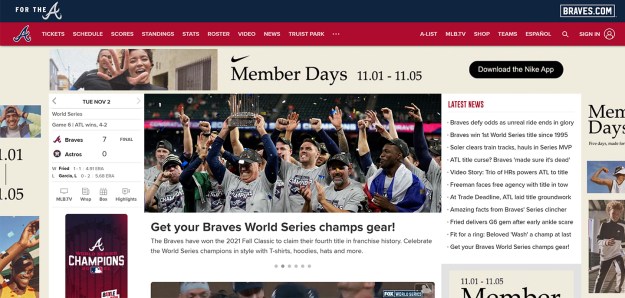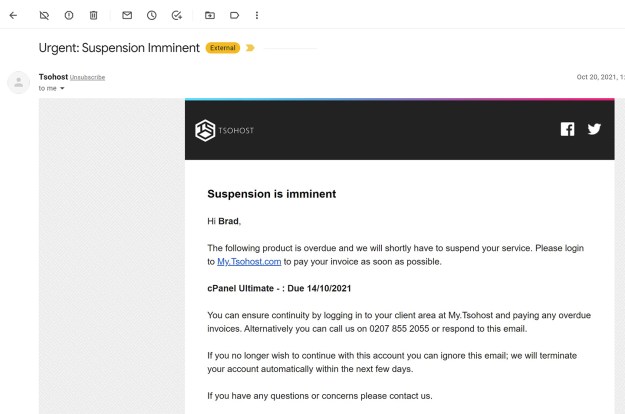The Op-Ed Page

By Paul V. DeMarco
Guest Columnist
Have you ever met individual people who gave you a sudden, precious insight into who they were and in doing so helped you understand the world better?
I remember the first Latter Day Saint I ever met. She and I were part of a group of high school students from all over the country participating in a program in Washington, DC. My LDS colleague was brilliant and, at 18, engaged to be married. She had specific college and career plans about which she talked evocatively. When I inquired what her response would be if her future husband asked her to stay home to raise their children, she answered without hesitation in the affirmative. “What about your plans?” I asked. “My husband will be the head of the household,” she answered matter-of-factly. Even in 1981, I was surprised at her acceptance of male dominance, having been raised by a strong, independent woman whose husband was a co-equal partner.
In that moment, she opened a window to LDS life for me. Of course, not every LDS woman felt that way in 1981, and much has changed in 40 years, but it was a valuable, revelatory experience.
I was reminded of these sort of revelatory folk when two of them intersected recently: Sydney Poitier and Amy Schneider.
We all know the first name and were reminded of his impact when he died on January 6th. Unless you’re a “Jeopardy!” fan, you may not recognize the second. Schneider is the first transgender person to be a bigtime “Jeopardy!” winner.
Don’t misunderstand. I’m not comparing their historical impact or their service to their cause or their life’s work, on which fronts, Poitier stands alone. Nor am I comparing the Civil Rights Movement to the movement for transgender acceptance.
But I was struck that Poitier and Schneider may play similar roles in introducing us to people that we might consider very different from ourselves.
Obviously, where you start determines who is missing from your consciousness. In the summer of 1982, after my first year at UVa, I worked for the Charleston County Park system. Almost all the children at the parks were black. I had several elementary age black girls ask if they could touch the hair on my forearms which was long and straight, like none they had seen before. It is likely the only time I will ever be considered a revelation.
Around that same time, I was doing volunteer carpentry work at UVa with a group that repaired homes for poor residents in the environs of Charlottesville, many of whom lived in the foothills of the Blue Ridge. It was there I met a man who gave me an important window into the lives of black people.
We were working on the home of a black family in which the husband was a lanky, gregarious man. He was a skilled carpenter and worked alongside us. Getting to know Randolph was an epiphany. He was in his 60s and still agile. But it was clear he had not gotten far in school. We didn’t specifically talk about his education, but it’s likely that the segregated schools he attended in the 1920s and 30s did not prepare him or encourage him to pursue a college degree. So he became a laborer. I remember being struck by the wasted opportunity he might have represented. Perhaps better opportunity would not have affected him. Perhaps carpentry was truly Randolph’s calling. But it bothered me that his calling might have been as a lawyer or doctor or engineer or schoolteacher, and that those opportunities might have been denied him.
I wondered if he was one of the many men and women of his generation who might have become professionals if society had recognized their worth. Of course, I knew enough about history to know that millions of black people his age had been discriminated against, but to work beside one of them, to see in the flesh someone whose fortitude and intelligence may have been wasted, was revelatory.
Poitier served as the counter example, a black man who was allowed to fulfill his potential. I suspect for many whites in the 1950s and ’60s, he was an example of black masculinity unlike many had ever encountered – self-assured, assertive, dignified, stylish, and rich – qualities previously associated almost exclusively with whiteness.
I grew up in the ’70s in that kind of world. I lived in a blue-collar neighborhood but had no black friends. I went to a private school and was not close to my three black classmates (out of 60-some). I had no black authority figure in my life – no teacher, coach, or neighbor. The only black people I encountered regularly were the cafeteria staff at my school, who greeted every student with a cheerful “Serve you?” Randolph was the first black man I had ever worked closely with or had the chance to admire. And when I came off the Blue Ridge and back to class, I did not have a single black professor my entire career at UVa.
Which brings me to Amy Schneider. As I write this, she continues on a 38-day winning streak in which she has won more than $1.3 million, placing her 4th on the list of all-time highest earners. She has had a similar revelatory impact on me. I was confused when she was first introduced in the November 17th episode. She was dressed as a woman but I thought I detected a shadow under her make-up, and as soon as my wife heard her voice she recognized she was a trans female.
As I struggled to reconcile Schneider’s image on my TV screen with my mental catalogue of gender identities, I had a revelation: Why, I wondered for the first time, should her biological sex or her gender identity matter to me? And I couldn’t think of a reason. It took a few minutes for that to sink in. I spend my days identifying my patients by their age and sex. If I call a consultant about a patient I begin, “I’m caring for a 72-year-old female who…” Identifying people by their biological sex is ingrained in me, and I suspect in many people. It was shocking to realize that in many human interactions, it’s irrelevant. As your doctor, I need to know. If you are a trans male and you still have a cervix, you need regular Pap tests, for example. If you are a cis-gender female swimmer and you have a trans female competitor, you can rightly claim that she has an unfair advantage. If you are looking for a romantic partner, it is probably essential.
But I’m happily married. Schneider is a “Jeopardy!” contestant whom I will never meet. Her biological sex has no relevance for me; I can be perfectly content not knowing it. Whatever gender she or any other person wishes to portray to the world is their choice. My opinion of that choice has no bearing.
As it happens, being trans may be an advantage in many fields, including “Jeopardy!” contestantship. Being able to experience maleness and femaleness appears to have given Schneider an exceptionally expansive world view.
Paul DeMarco is a physician who resides in Marion, SC. Reach him at pvdemarco@bellsouth.net.

























